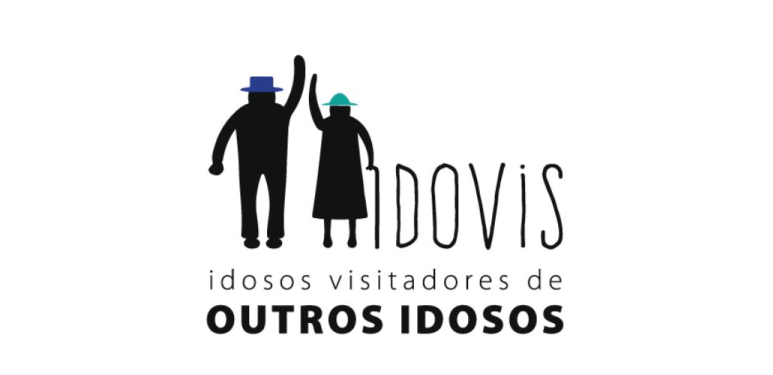
The IdoVis project was launched in March / 2016 with the aim of creating groups of independent elderly people who were visiting other dependents (ULDM, ERPI and SAD), after adequate training for this purpose.
The main objectives of IdoVis are:
- To improve the emotional and affective state of elderly people in a situation of dependency;
- Create support networks between dependents and independent people;
- Increase the activity, sense of usefulness, relational capacity and knowledge of the elderly, promoting volunteering among peers;
- Create tools to support the monitoring of older people in a situation of dependency.
This project was thought based on 5 actions:
- Creation of the profile of the elderly visitor and visited, with a view to the selection of the participants.
- Creation and implementation of a training program for elderly visitors, covering the following modules:
-
- Aging – biological, psychological and social changes, adequate management of the therapy and impact of the polymedication;
- Humanization of care, relational techniques and importance of health affects;
- Daily care in permanent / permanent support structures.
-
- Routine establishment of weekly visits, with support and technical supervision.
- Evaluation of the impact of visits on the quality of life of both groups of elderly people.
- Preparation of pilot project report and recommendations for further phases to be developed.
Idovis is an initiative of Caritas Coimbra with the support and partnership of ESEnfC and Ageing@Coimbra and it advocates the change of roles of the older person from care receiver to care giver.
Evidence has pointed to the need of human presence as enabler of affection and the need of improvement of health literacy. Therefore, seniors in a position of caregivers maximize their own capability and autonomy in retaining knowledge and better practices in their routines. That makes them much more active and prevent isolation and solitude.
The pilot project has involved seniors from 2 Cáritas residential units – Rainha Santa Isabel and Nª Srª da Encarnação and is now being up-scaled to other units.